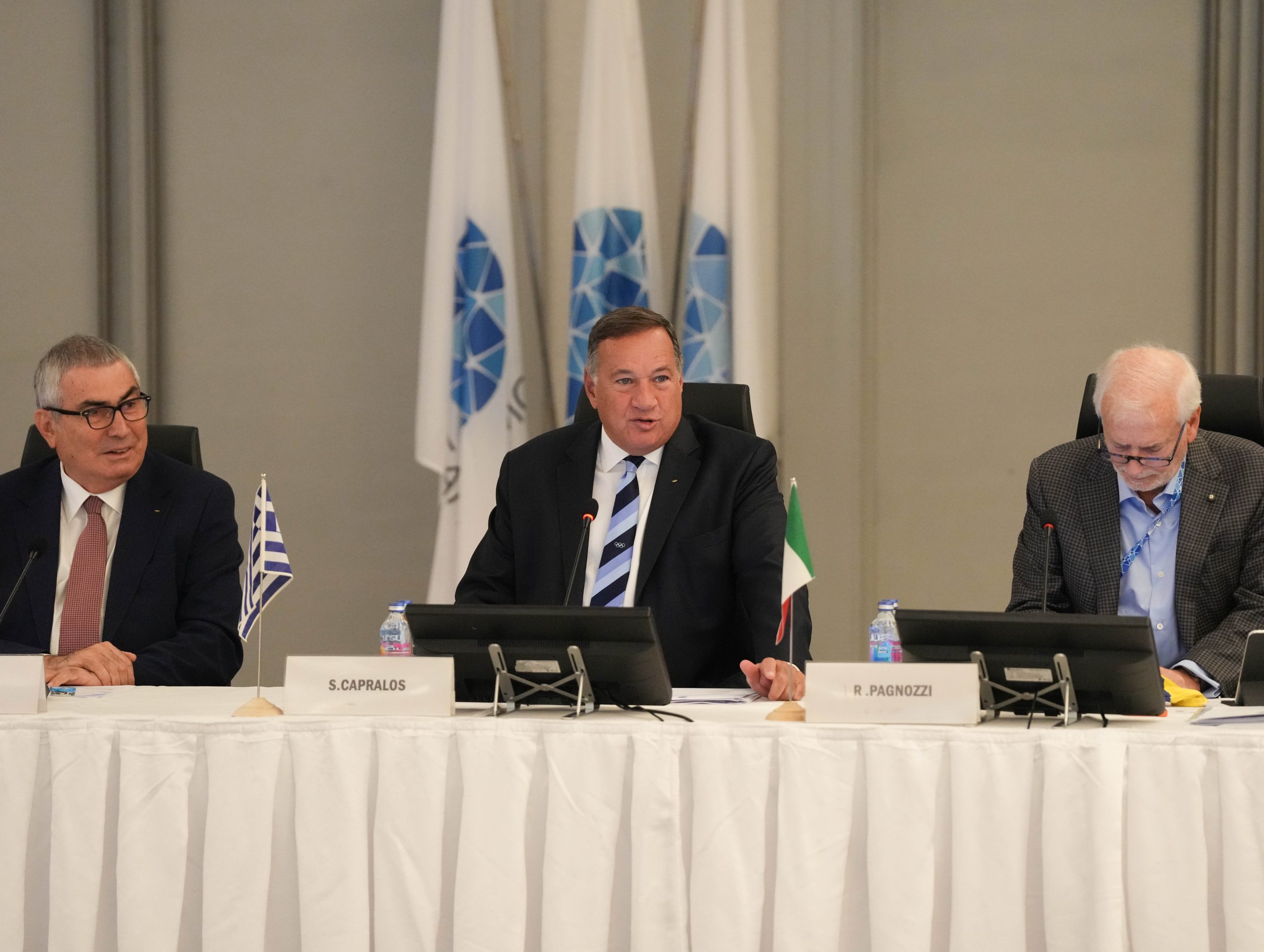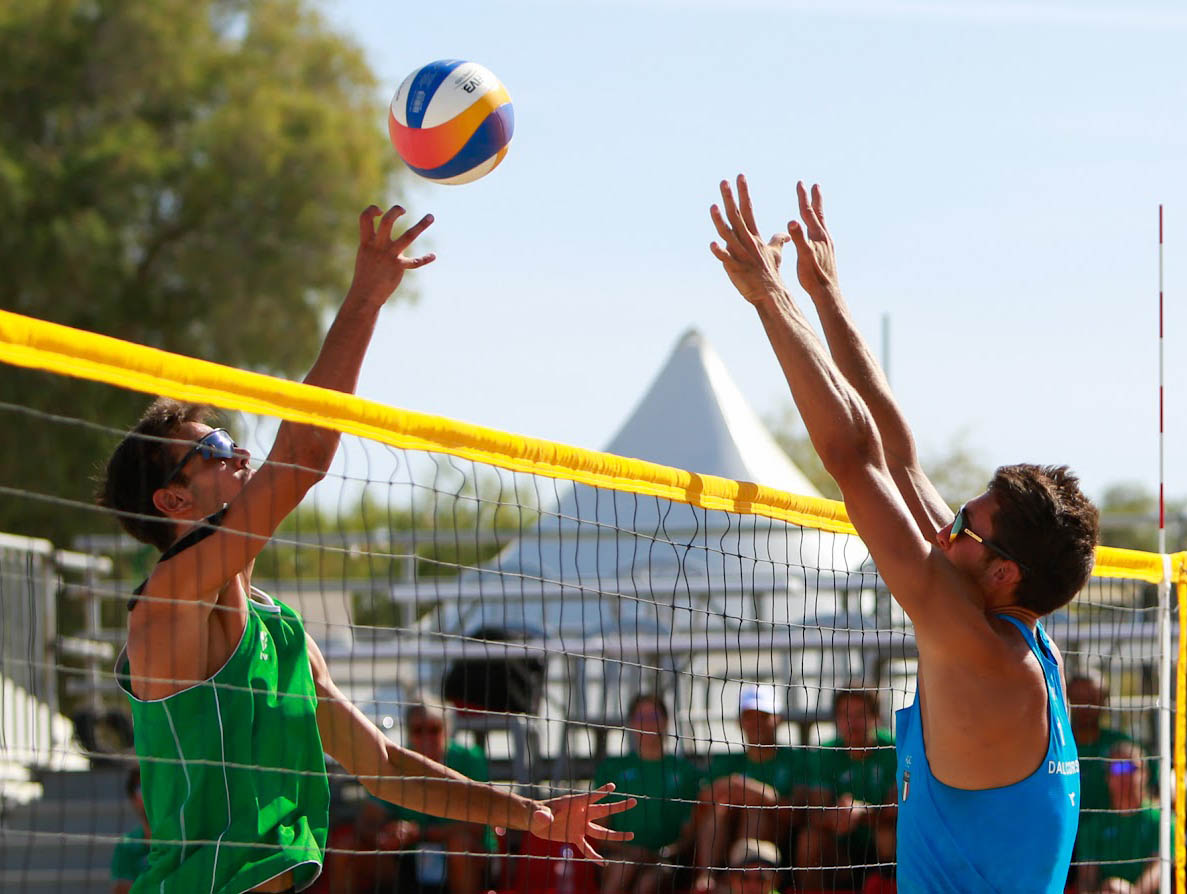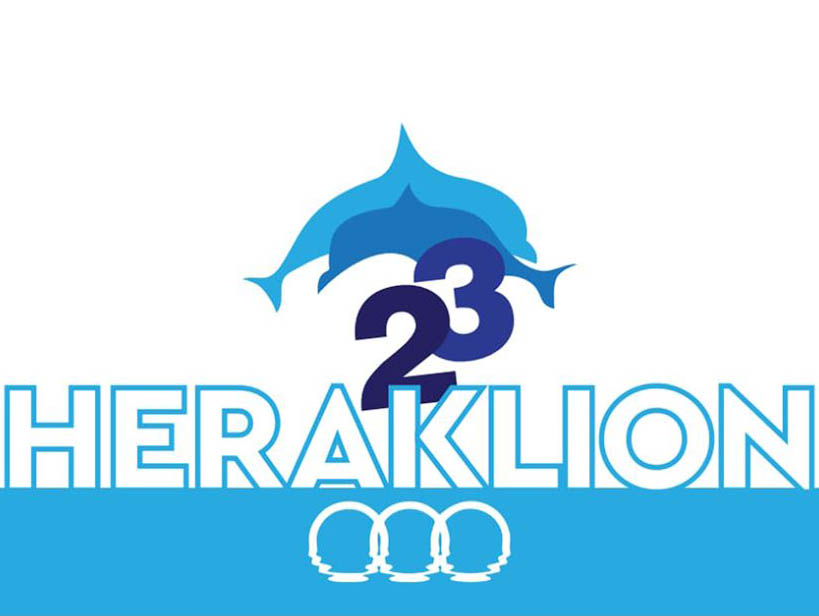1st EU Summit Amendments to the Constitutional Treaty
The German Presidency of the European Council, which ended on 30 June, had set itself the aim of pressing ahead with the faltering EU constitutional process.
Within the context of an EU summit held from 22 to 23 June in Brussels, agreement was reached on a new treaty. An intergovernmental conference which will take up its work under the Portuguese Council Presidency starting in July 2007 will have the task of drafting the new rules by the end of December 2007. The new Treaty will then be ratified by the Member States before it can come into force, probably in late 2008/early 2009.
Central amendments to the constitutional treaty are as follows:
– The third part of the draft constitution, which lays down the policies and functioning of the European Union, will be deleted. The rules concerning the internal market, competition, agriculture, monetary union etc. will be retained. It is very probable that Article III-282 on sport will be included in the new treaty.
– The symbols once envisaged in the EU treaty the flag and the anthem are no longer to appear in the treaties now planned. De facto, however, they are to be retained. The word “constitution”, too, is to be removed; the term now used is the new EU Basic Treaties.
The following points of the original draft treaty shall be retained:
– the EU Presidency will last two-and-a-half years;
– the composition of the European Commission will be reduced;
– the EU will be given legal personality;
– a foreign minister will be introduced, who, at Great Britains request, will be called the High Representative for Foreign Affairs and Security Policy;
– the Charter of Fundamental Rights will become legally binding, except for the United Kingdom;
– the double majority rule (a decision must be taken by a majority of 55 per cent of the countries, representing 65 per cent of the population) will not be applied before 2014 to 2017.
2nd European Commission Breach of the Treaty in the area of sports betting
On 27 June, the European Commission sent France and Sweden reasoned opinions, aiming at changing their legislation in the field of sports betting. Thus, it has entered the second phase of breach of Treaty proceedings.
The European Commission had sent these countries formal requests in 2006 in order to examine whether the obstacles to the free movement of services in the field of sports betting were compatible with Article 49 of the Treaty on European Union.
Complaints by a number of service-providers against ten Member States led to these proceedings being lodged. They refer to the obstacles to the freedom of movement of services in the field of sports betting, particularly on the obligation to obtain a commercial privilege or state licence, even if the service-provider holds a licence of another Member State in the proper form. In some cases, the restrictions also apply to the advertising of gambling.
In the view of the European Commission, these restrictions are not in keeping with existing Community law and the Member States concerned have not shown that their measures to restrict the free movement of services in the field of sports betting is necessary, appropriate and non-discriminatory.
If the countries concerned fail to provide a satisfactory answer within two months, the European Commission will have the option of referring the case to the European Court of Justice.
In addition, the European Commission decided to hand over a letter of formal notice to Greece in connection with this matter in order to examine whether its national legislation in the field of sports betting conforms to Article 49. It has two months to reply.

















